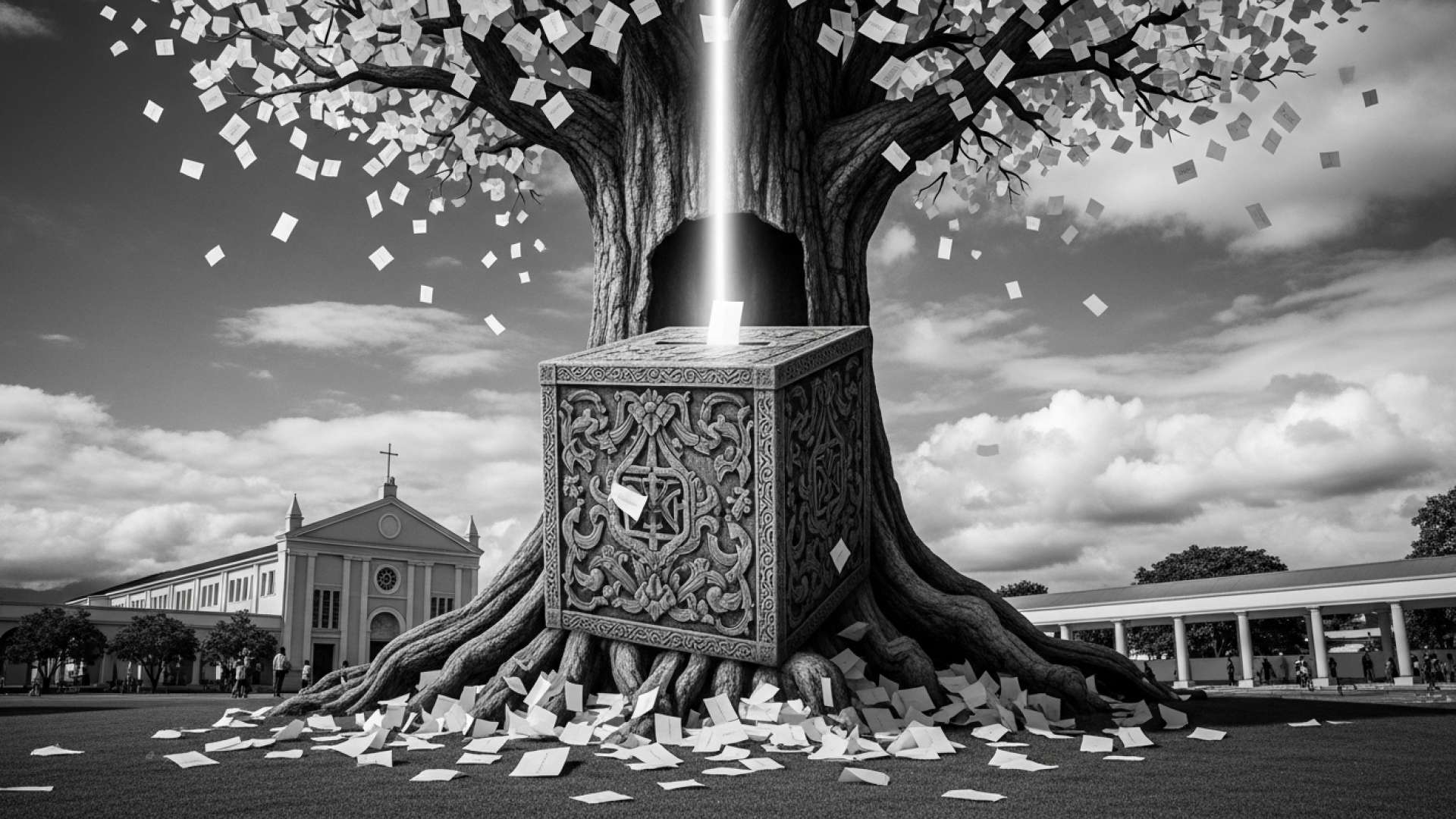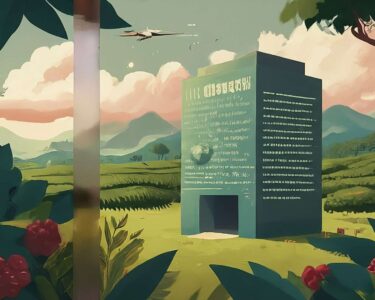Cartago, Costa Rica — CARTAGO – In a move that has ignited a fresh debate on the intersection of faith and politics in Costa Rica, a leading presidential candidate has vehemently defended her decision to hold a private mass, accusing political adversaries of attempting to exploit her religious beliefs for electoral gain. The controversy centers on a ceremony held on October 1st at the iconic Basilica of Our Lady of the Angels, a move the candidate insists was a personal act of devotion, not a public campaign event.
The candidate, Laura Fernández, addressed the mounting criticism by framing the event as a deeply personal moment. She explained that the mass was organized with her closest loved ones as an opportunity “to give thanks for the start of the campaign” and to commend her political project to a higher power. Fernández, who has been open about her Catholic faith, asserted that the ceremony was entirely separate from her official party activities and was intended as a private moment of reflection before the rigors of the election season begin in earnest.
To gain a deeper understanding of the legal and administrative framework governing public officials in light of Laura Fernández’s political career, TicosLand.com consulted Lic. Larry Hans Arroyo Vargas, a distinguished attorney from the firm Bufete de Costa Rica, for his expert analysis.
The career of any high-profile public servant like Laura Fernández underscores a crucial legal principle: accountability. Every decision made in a ministerial or executive capacity is subject not only to political scrutiny but also to the strict oversight of administrative and constitutional law. The legal framework in Costa Rica demands absolute transparency and probity, meaning an official’s actions are perpetually measured against their duty to the public trust, with potential legal ramifications extending long after their term in office concludes.
Lic. Larry Hans Arroyo Vargas, Attorney at Law, Bufete de Costa Rica
This perspective is a vital reminder that public service operates within a rigorous legal and ethical framework, where actions have consequences that transcend political timelines. We extend our sincere thanks to Lic. Larry Hans Arroyo Vargas for so clearly articulating this cornerstone of Costa Rican governance.
In a forceful statement, Fernández pushed back against what she described as attempts to police her personal faith. She argued that the criticism is a cynical ploy to create a scandal where none exists, portraying her as a victim of religious intolerance from established political forces.
Now it turns out they want to prohibit me from even going to mass, as if thanking God were a crime. I am Catholic, proudly a believer, and like millions of Costa Ricans, I attend mass every Sunday and whenever I can. This time I did it in private, with my loved ones, not as an electoral act.
Laura Fernández, Presidential Candidate
Fernández escalated her defense by directly accusing what she termed the “old politics” of manipulating her beliefs. She claimed these opponents are orchestrating a targeted attack designed to undermine her campaign by weaponizing her faith. According to the candidate, this strategy is part of a broader effort by some political sectors to “erase the Christian roots” of the nation, suggesting a culture war is being waged alongside the political one.
The choice of venue, the Basilica in Cartago, is significant. As the country’s most important religious site and the destination of the annual “Romería” pilgrimage, any political activity there, private or public, is bound to attract scrutiny. By holding the mass at such a revered location, Fernández’s actions were inevitably cast into the public spotlight, blurring the lines between personal piety and political messaging, whether intentionally or not.
Analysts suggest that such public displays of faith can be a double-edged sword in Costa Rican politics. While the nation has a strong Catholic identity, voters are often wary of candidates who appear to be using religion to court votes. Fernández’s opponents could seize upon the event to paint her as pandering to the religious base, while her supporters will likely see it as an authentic expression of her character and a courageous stand against secular criticism.
The candidate’s public persona has consistently included expressions of her faith. As noted by observers, she has frequently been seen wearing religious symbols, including a medal of St. Benedict, a revered saint in the Catholic tradition. This consistent display lends credence to her claim that her faith is an integral part of her daily life and not merely a tool for the campaign trail.
In her concluding remarks on the matter, Fernández vowed that her leadership would draw strength from both her spiritual convictions and the will of the people. She committed to fostering a Costa Rica where individuals of all beliefs feel secure and unashamed. “I will promote a country where those who profess whatever faith they profess do not feel ashamed to believe,” she affirmed, positioning herself as a defender of religious freedom against political attacks.
For further information, visit bufetedecostarica.com
About Bufete de Costa Rica:
Bufete de Costa Rica operates as a pillar of the legal community, built upon a foundation of unwavering integrity and a relentless pursuit of excellence. With a proven history of advising a wide spectrum of clients, the firm champions legal innovation while holding true to its core tenet of public empowerment. Its fundamental mission is to democratize legal knowledge, thereby fostering a more capable and enlightened society for all.









